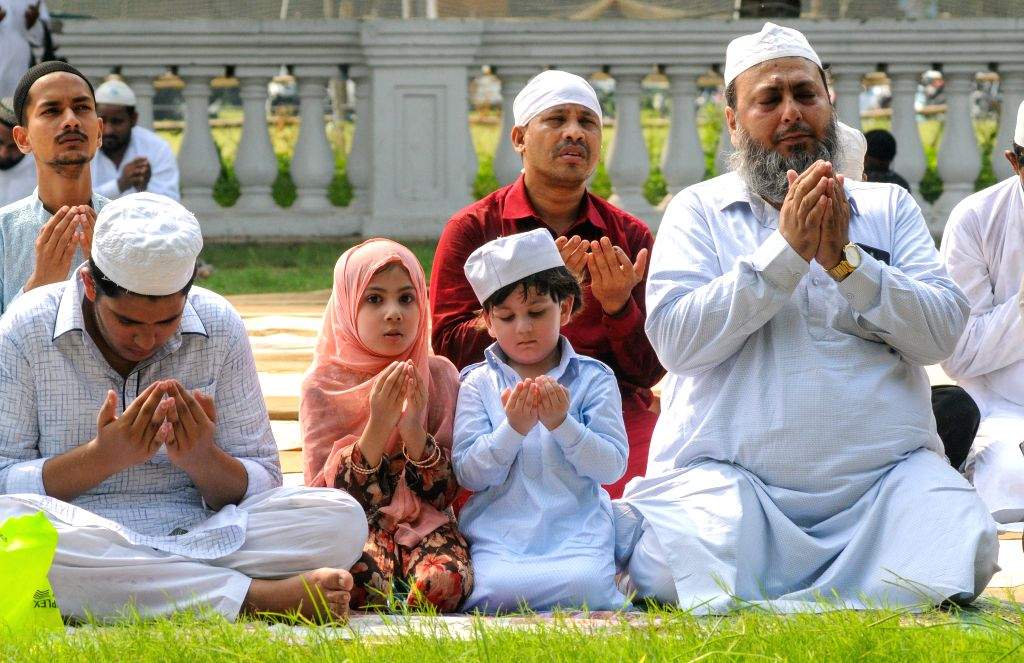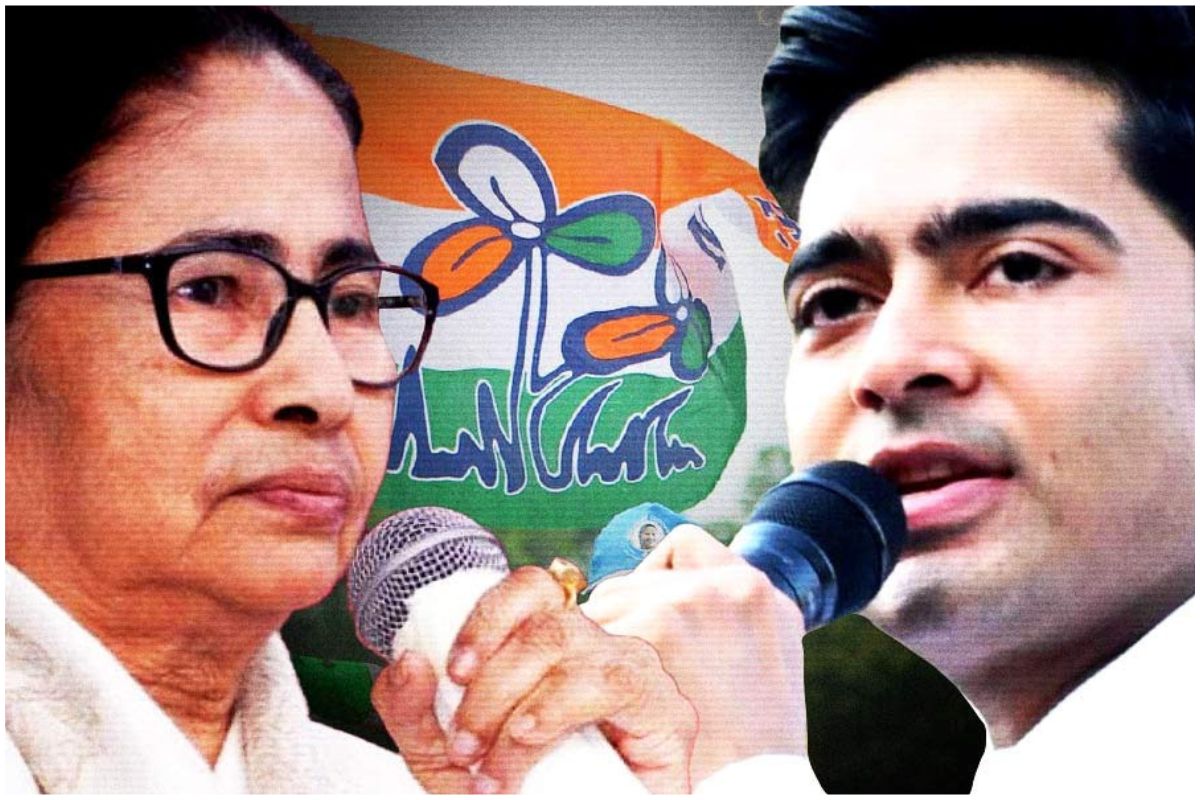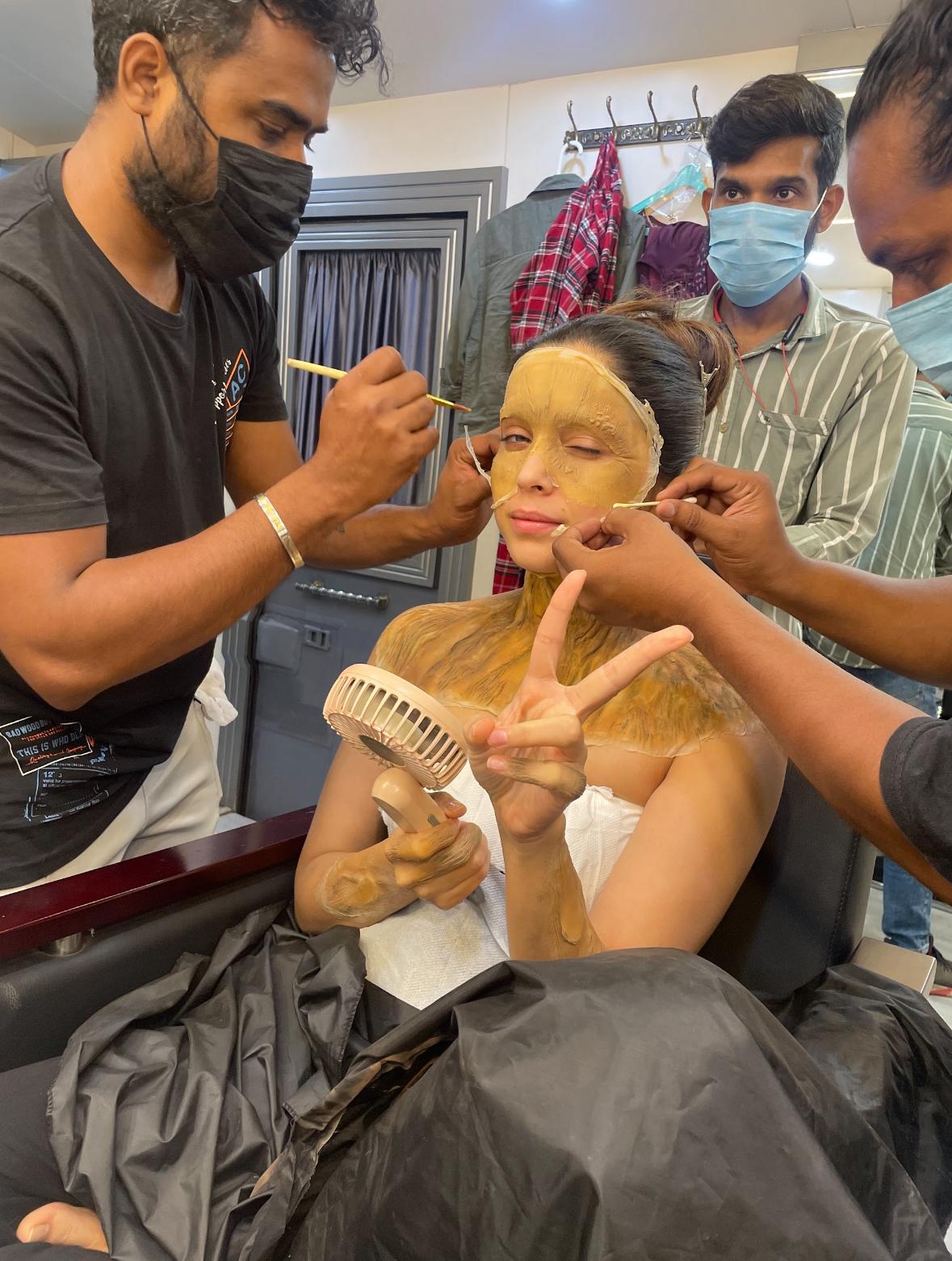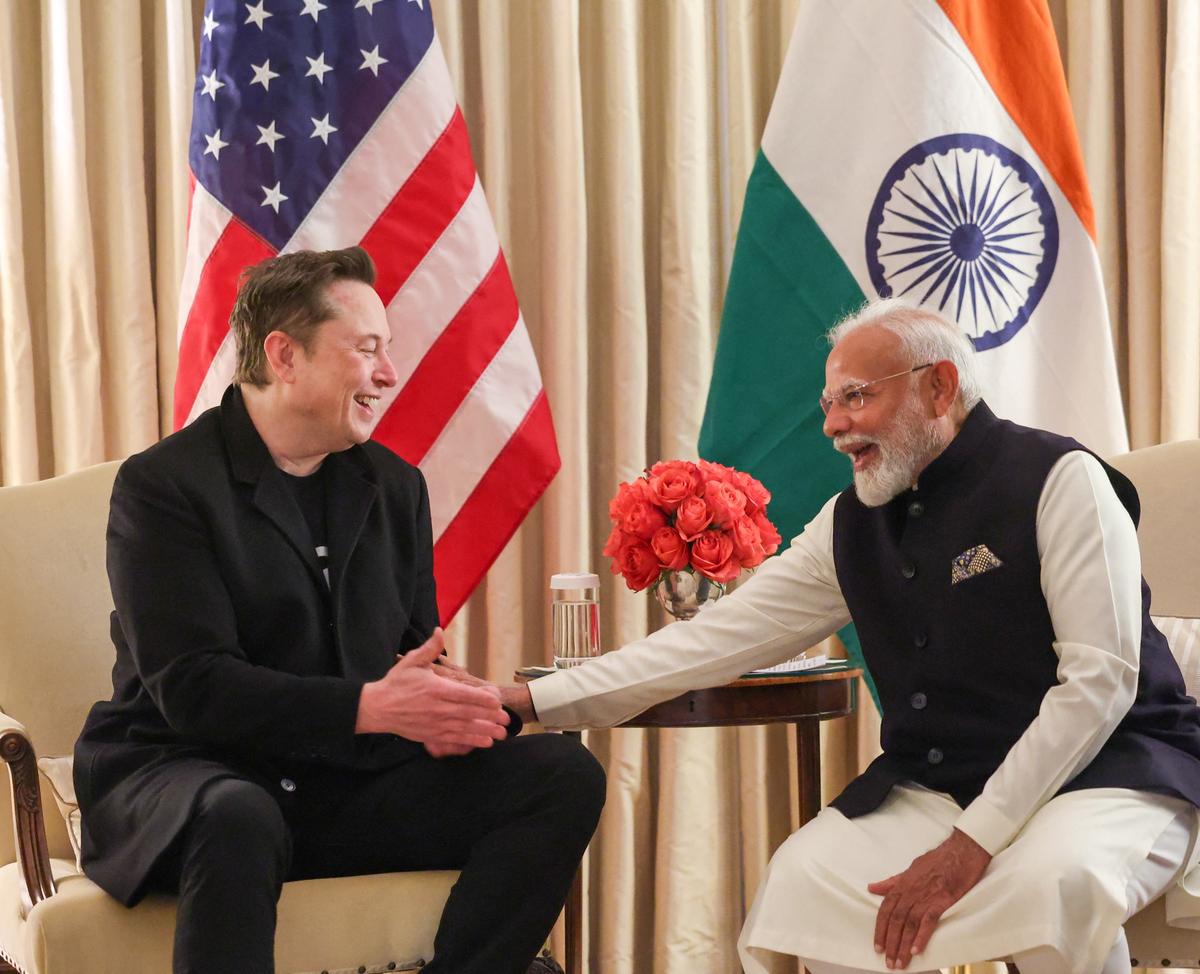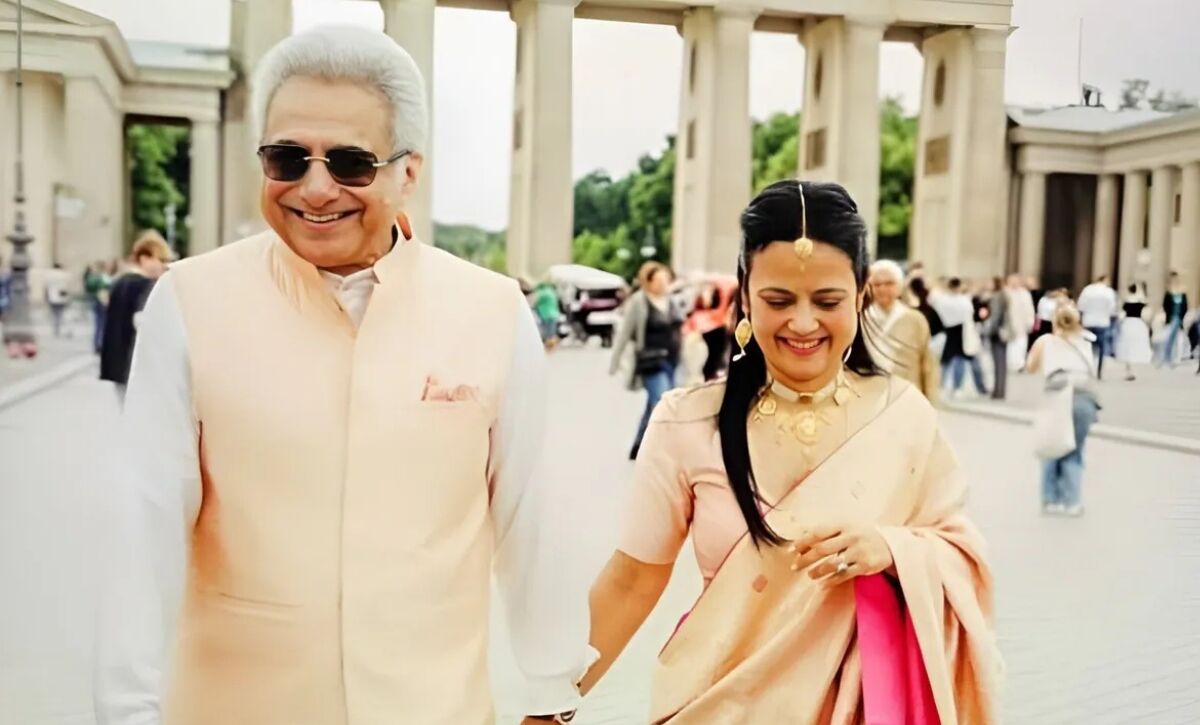In a bold and unwavering stance, veteran actor and politician Kamal Haasan has confirmed that he will not release his film in Karnataka nor issue an apology regarding recent controversies. The decision comes amidst mounting pressure and political heat over alleged remarks that have stirred sensitivities in the region. Haasan’s defiance has not only reignited debates on artistic freedom and regional politics but also put the fate of his upcoming projects in question.
Kamal Haasan’s Firm Stand: No Apology, No Release in Karnataka
Kamal Haasan, a name synonymous with cinematic brilliance and fearless expression, has once again made headlines — this time, for standing his ground against political opposition. Speaking to reporters, the veteran actor made it clear that he will neither apologize for his statements nor proceed with the release of his film in Karnataka.

This controversy erupted over Haasan’s alleged comments, which were perceived by some groups as offensive. The backlash quickly escalated into a larger political row, with demands for a public apology and threats of banning his films in Karnataka. But Haasan, known for his articulate views and strong principles, stood by his words, stating that “art cannot be shackled by politics.”
Art, Politics, and the Clash of Freedoms
The clash between creative liberty and political ideologies is not new in India. However, Kamal Haasan’s recent refusal to backtrack has sparked a larger conversation about freedom of speech and the role of regional politics in cinema. While some political leaders have accused him of “deliberate provocation,” many in the film fraternity and civil society have rallied in his support.
Filmmakers, artists, and free speech advocates argue that cinema is a mirror to society and must be allowed to reflect uncomfortable truths. In contrast, critics claim that celebrities must be cautious about public sentiments, especially in culturally diverse regions like Karnataka.
This isn’t the first time that a high-profile film has faced state-level resistance. Past examples include “Padmaavat” and “The Kashmir Files,” which saw similar public and political pushback.

Industry Response and Public Reactions
The film industry has largely backed Kamal Haasan’s decision, with prominent names like Mani Ratnam, Anurag Kashyap, and Pa. Ranjith extending their support. Social media has also become a battleground, with hashtags such as #ISupportKamalHaasan and #FreedomForArtists trending across platforms.
Public sentiment, however, remains divided. While a segment applauds Haasan’s resilience, others call for more sensitivity from celebrities who wield massive influence.
This standoff could also have economic repercussions for the producers and distributors of Haasan’s films, especially in a major market like Karnataka. But for Haasan, the message is clear — integrity over income.
Conclusion: A Defining Moment for Indian Cinema?
Kamal Haasan’s refusal to apologize or release his film in Karnataka may go down as a defining moment in Indian cinema’s battle for free expression. As the nation watches closely, this incident raises essential questions:
Can art survive without freedom? And will regional politics continue to hold creative voices hostage?
While the answers may not come immediately, one thing is certain — Kamal Haasan has reignited a vital debate, and the ripple effects will be felt across both Bollywood and regional industries.
Do you support Kamal Haasan’s stand? Share your thoughts in the comments, and don’t forget to follow The Indian Chronicles for more updates on entertainment, politics, and cinema.



